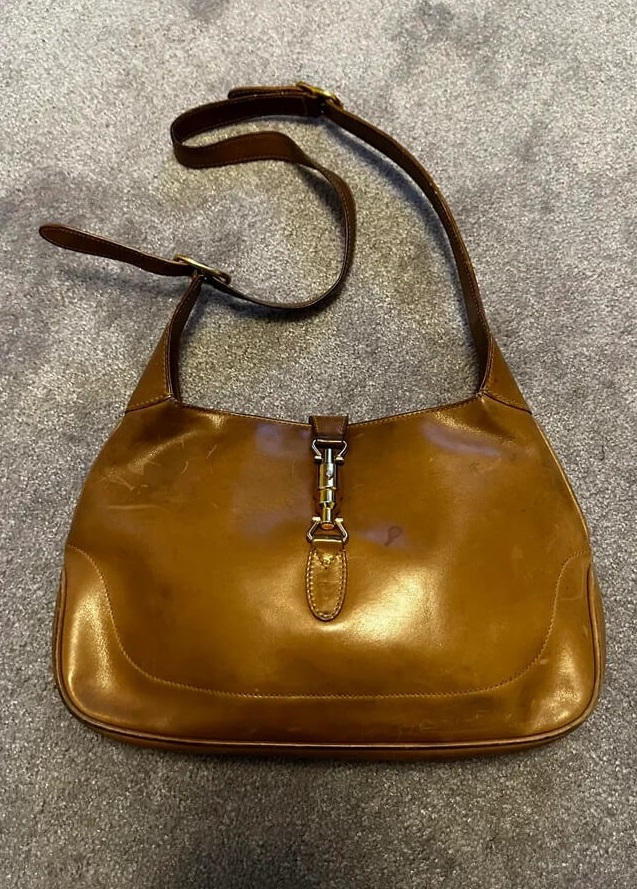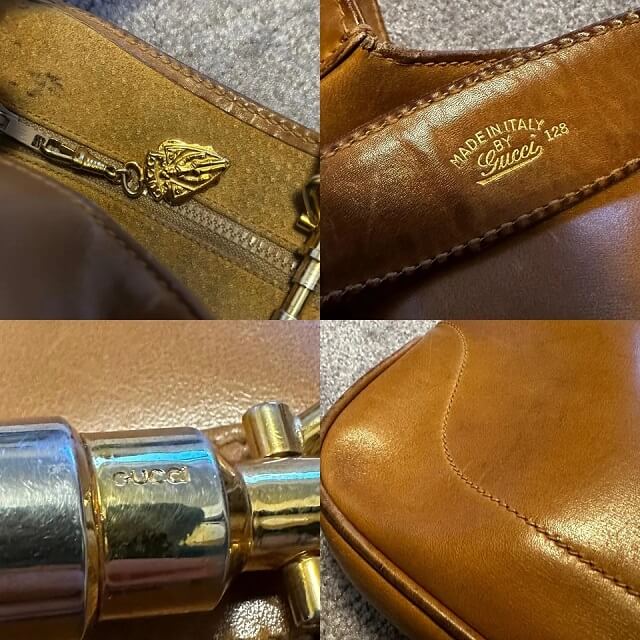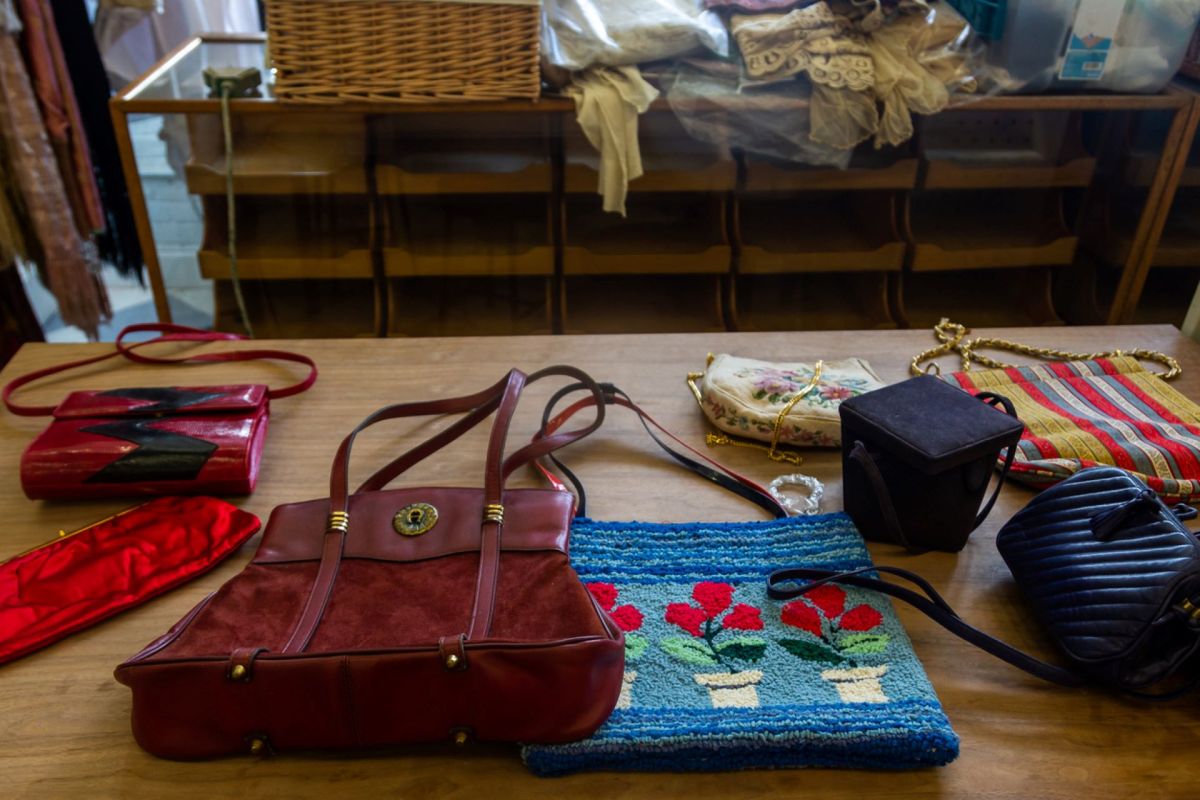Imagine walking through a store and finding a leather Gucci handbag for $4.99. It seems too good to be true, doesn't it?
For one thrift shopper in Alaska, that dream was realized. When posting their discovery to Reddit, they noted in the caption that it "seems to be legit," and other users backed up the assessment.
"Wow. Certainly authentic," one user in the r/ThriftStoreHauls subreddit said. "I envy your luck."
"Looks like their Jackie style, incredible find," another added, while one commenter said: "If it's authentic, it's a Jackie. Yowza!"


The original poster said they picked up the designer delight in the Big VV store in Anchorage and added that they bought cleaning supplies for it on the day of purchase to bring the leather back to its best.
On Gucci's website, a similar-looking item can be bought new for $2,950, nearly 600 times the cost of our thrifter's sale price.
In addition to grabbing an absolute bargain, this savvy shopper's sartorial choices are also environmentally responsible.
Thrift shopping is a great way to buy cheaper clothes and accessories while avoiding fast fashion, an industry that the Center for Biological Diversity says contributes to 10% of global carbon dioxide pollution.
Meanwhile, Collective Fashion Justice has used data from the leather industry to suggest that 17 kilograms (over 37 pounds) of CO2e pollution — or "emissions of various gasses translated to the common unit of carbon" — are emitted per square meter (over 10 square feet) of leather produced.
The organization's "Leather's impact on the planet" report from 2022 also found a cow leather tote could use up to 4,524 gallons of water in creation, which would be enough to sustain a person for 23 years.
"The fashion industry cannot wrangle its contribution to the climate crisis and interlinked biodiversity crisis without acting on leather," founding director of Collective Fashion Justice Emma Hakansson said in a statement published by Business Wire. "The lobbying and greenwashing from the leather industry is actively preventing environmental progress in fashion, and we're urging the industry to pay attention, set clear targets to phase leather out, and choose more responsible alternatives."
Buying used items rather than encouraging the production of new products, therefore, will reduce demand in the fashion industry and hopefully lead to fewer items being made from scratch.
Join our free newsletter for easy tips to save more, waste less, and help yourself while helping the planet.









